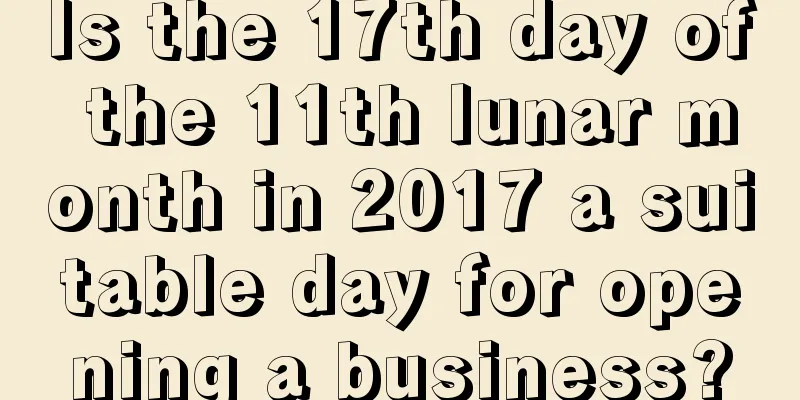Why do we eat shepherd’s purse and boiled eggs on March 3rd? The Origin of Eating Shepherd's Purse and Boiled Eggs

March 3rd is one of the traditional festivals, and there are certain traditional customs on March 3rd. So, let’s take a look at why we eat shepherd’s purse and boiled eggs on March 3rd? The origin of eating shepherd's purse boiled eggs is introduced. The third month of the lunar calendar is also known as the quarter month, late spring, late spring, late spring, and the silkworm month. Shuimoxiansheng.com provides you with more relevant content about the third month of the lunar calendar in 2020. You are welcome to check it out.Why do we eat shepherd’s purse and boiled eggs on March 3rd? The Origin of Eating Shepherd's Purse and Boiled EggsThe custom of eating shepherd's purse and boiled eggs on the third day of the third lunar month is actually related to Hua Tuo. Legend has it that during the Three Kingdoms period, the famous doctor Hua Tuo came to Mianyang City to collect herbs. He encountered heavy rain and went to an old man's house to take shelter from the rain. He saw that the old man was suffering from headaches, dizziness and other symptoms. Hua Tuo immediately diagnosed the old man, picked a handful of ground rice from the old man's garden, and asked the old man to use the juice to boil eggs. After eating it, the old man's headache suddenly stopped and his eyesight was no longer blurry.As a result, this method quickly spread, and people began to use rice and vegetables to cook eggs and eat them. Gradually, it became a custom in Mianyang City, and it also became popular in the Jianghan Plain area. Since Hua Tuo treated the old man on the third day of March, the custom of "eating ground vegetables and boiled eggs on the third day of March will prevent headaches for the whole year" was formed and continues to this day. Therefore, there is a saying and custom of eating shepherd's purse and boiled eggs on March 3rd. What is the Shangsi Festival on March 3rd?Shangsi Festival, commonly known as March 3rd, is a traditional festival of the Han nationality. Before the Han Dynasty, the festival was designated as the Si day in early March, and later it was fixed on the third day of the third month in the lunar calendar. Shangsi Festival was the most important festival in the ancient "purification and bathing" activities. People went to the waterside to bathe in groups, which was called "purification". Later, sacrificial banquets, winding stream flowing wine cups, and spring outings in the suburbs were added.In ancient times, days were recorded using the "ganzhi" system. The first Si day in early March was called "Shangsi". The word "Shangsi" was first recorded in the literature of the early Han Dynasty. Zheng Xuan's note in "The Book of Zhou" reads: "The annual purification ceremony is like the Shangsi Festival in March, such as on the water." After the Wei and Jin Dynasties, the festival date of Shangsi Festival was changed to the third day of the third month of the lunar calendar, so it is also called "Double Third" or "March 3rd". It is said that the Shangsi Festival originated from the witchcraft activity of using orchid soup to ward off evil spirits. Orchids were used as spiritual objects and had the characteristic of having a charming fragrance. The ancients had to fast before holding major sacrificial ceremonies, which included the best bathing method at the time, "orchid bathing." |
Recommend
Is it a good idea to open a new store on the 17th day of the third lunar month in 2019?
In the third month of the lunar calendar, the wea...
Is the fifth day of the tenth lunar month in 2017 suitable for opening a new store or company?
In early winter, October, you begin to feel a lit...
Are those born in Jingzhe in 2018 purely yin?
There is an axiom in numerology: Solitary yin cann...
Which day during the National Day in October 2019 is suitable for marriage and engagement?
Which day during the National Day in October 2019 ...
Analysis of the fate of people born on Torch Festival who were born under the sign of Dog. When do the various ethnic minorities hold Torch Festivals?
Every year's Torch Festival is very important ...
When is Christmas in 2021? What needs to be done on the day?
An important Christian festival commemorating the ...
Where is the God of Wealth on the third day of December 2018?
The twelfth month of the lunar calendar is common...
How is the 25th day of the twelfth lunar month in 2019? Is it a good day?
How is the 25th day of the twelfth lunar month in ...
When should I give birth if I get pregnant on Children’s Day 2021? When is the due date?
Children born on Children's Day are lively, ch...
What about a boy born on February 30th of the lunar calendar in 2021? OK?
The fortune of a boy is related to the time of his...
Is it okay to have a caesarean section on March 19th of the lunar calendar in 2021? What is the child's zodiac sign?
The third month of the lunar calendar is the month...
What is the fate of a baby girl born on the fifth day of the third lunar month in 2019?
What is the fate of a baby girl born on the fifth ...
What day is November 19th in the lunar calendar in 2021? Is it suitable for getting a barber's hair cut?
The lunar calendar is different every day and chan...
Is it auspicious to move house on the 27th day of the twelfth lunar month in 2021? What should I pay attention to?
It is the last few days of the twelfth lunar month...
A collection of commonly used methods to ward off evil spirits in Feng Shui
Introduction: To ward off evil, that is, to avoid...









